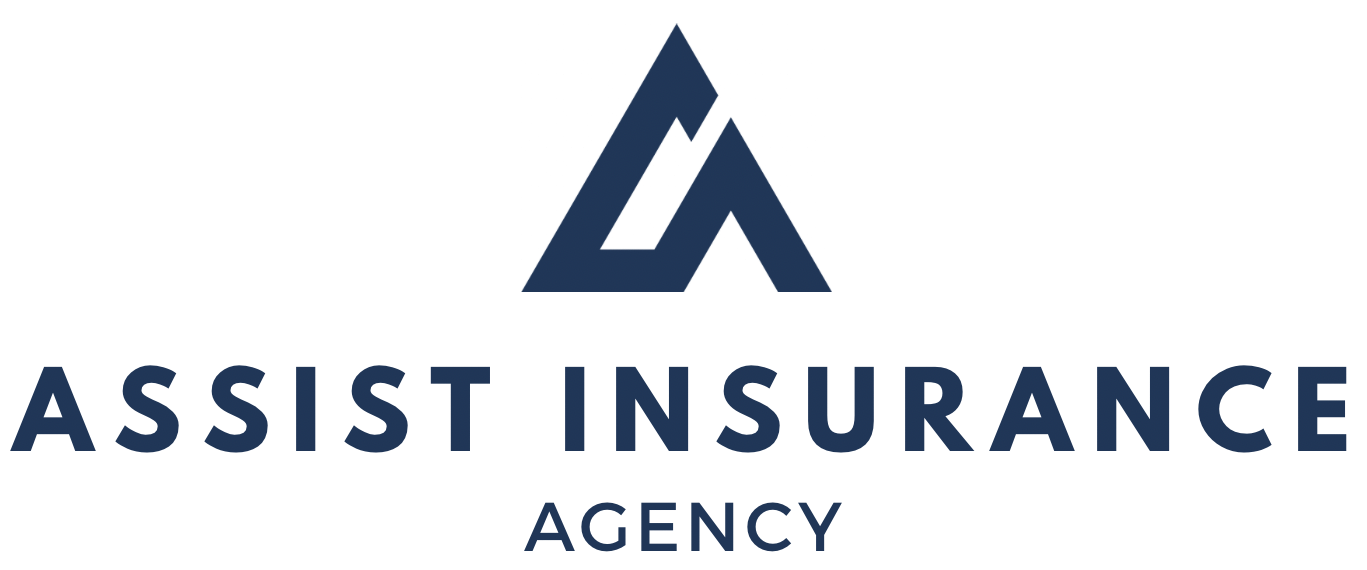Services
Medicare Advantage
Our specialty! Medicare Advantage Plans (also called Part C) are an “all in one” alternative to Original Medicare. They are offered by Private Insurance Companies and APPROVED by Medicare. If you join a Medicare Advantage Plan, you still have Medicare. These “bundled” plans include Medicare Part A, Part B, and usually Part D.


Medicare Supplements
Supplements (also know as Medigap) plans help pay some of the health care costs that Original Medicare does not cover like: Copays, Coinsurance, and Deductibles.
Part D – Prescription Drug Plans
Part D Prescription Drug Plan(s) helps pay for prescription drugs, but it is not added automatically when you enroll in Medicare. Part D Prescription Drug Plan(s) is a voluntary program and is purchased through a private insurance company. However, if you delay purchasing one, there will be a penalty assessed if you choose to enroll in a Part D Prescription Drug Plan later, unless there is an exception.


Final Expense
Final expense insurance is designed to cover the bills that your loved ones will face after your death. These costs will include medical bills and funeral expenses. Final expense insurance is also known as burial insurance. Unfortunately, even simple funerals can cost thousands of dollars.
Dental, Vision, Hearing
Dental work, such as tooth extractions (whether related to a hospital stay or not), will not be covered. Nor will your eye doctor appointments, eyeglasses/contact lenses, or hearing aids. An ancillary dental, vision, or hearing plan will help you cover some of those costs.


Hospital Indemnity, Cancer, Heart Attack, & Stroke
This often overlooked coverage is an important section of comprehensive health insurance, offering important financial protection. With a hospital indemnity plan and/or cancer, heart attack and stroke coverage, a lump sum benefit amount will be paid directly to you regardless of any other health care coverage you may have. This payment takes place upon entering the hospital or diagnosis. Benefit amounts are flexible and can be designed to fit your budget.
Life Insurance & Final Expense
Life insurance pays a sum of money to the designated beneficiary upon the death of an insured individual, but it can do much more. Life insurance can grow and transfer wealth as well as provide living benefits to those who are terminally ill. If you haven’t had a recent life insurance review, it’s time.


Under 65 / HMA Plans
For those Under 65 we have affordable options for families and single individuals to get affordable Healthcare. This is done through health cost sharing.
Families and employer groups can now secure lower monthly health insurance premiums and reduce their overall medical expenses substantially with an HMA® medical savings account. Many of the high deductibles and out-of-pocket, medical costs are covered.
FAQs
Your most important questions, answered!
What is a Medicare Advantage Plan?
Medicare Advantage Plan, also known as Part C, is a Medicare Plan run by private insurance companies. A Medicare Advantage Plan offers all of the benefits covered under Original Medicare and more. Medicare pays a fixed fee to the plan you choose in accordance with the 2003 Medicare Prescription Drug, Improvement, and Modernization Act. It covers all of the benefits covered under Original Medicare and more, like Dental, Hearing, vision and Gym Memberships.
What types of Medicare Advantage Plans are there?
- Health Maintanence Organizations (HMOs) require you to use health care providers in your network and may require referrals from a primary care physician in order to see a specialist.
- Preferred Provider Organizations (PPOs) recommend the use of “preferred providers” in an established network and these plans are more likely to cover most of your medical costs if you stay in-network. You do not need a referral to see a specialist.
- Private Fee For Service (PFFS) plans determine how much they will pay health care providers and how much the client is responsible to pay for out-of-pocket costs.
- Medical Savings Plans (MSP) deposit money into a “health care checking account” that combines high-deductible health plans with a medical savings account to help pay for costs.
- Special Needs Plan (SNP) are tailored health insurance plans designed for clients with certain health conditions.
What Does Medicare Cost?
Part A of Medicare usually has no monthly premium if you or your spouse paid Medicare taxes for a total of 40 quarters while working.
If you don’t qualify for “Premium free Part A,” you can buy Part A which will cost between $278-$506/month in 2023, depending on the total number of quarters you have worked. If you paid Medicare taxes for less than 30 quarters, you will pay the higher Part A premium. In most cases, if you choose to buy Part A, you must also have Medicare Part B, which also has a premium.
Part B of Medicare has a monthly premium. In 2023 the Part B premium is $164.90. Most people pay the standard Part B premium amount. If your modified adjusted gross income as reported on your IRS tax return from 2 years ago is above a certain amount, you’ll pay the standard premium amount and an Income Related Monthly Adjustment Amount (IRMAA). IRMAA is an extra charge added to your premium.
Part B deductible and coinsurance
The part B deductible for 2023 is $226. After you meet your Part B deductible for the year, you typically pay 20% of the Medicare-approved amount for these:
Most doctor services (including most doctor services while you’re a hospital inpatient)
Outpatient therapy
Durable medical equipment (DME)
Where can I get help paying for Medicare?
Financial assistance programs for people with limited income and assets include:
Extra Help is a program to help people with limited income and resources pay Medicare prescription drug program costs, like premiums, deductibles, and coinsurance. If you get Extra Help but you’re not sure if you’re paying the right amount, call your drug plan. Your plan may ask you to give information to help them check the level of Extra Help you should get.
Medicaid is a joint federal and state program that:
- Helps with medical costs for some people with limited income and resources
- Offers benefits not normally covered by Medicare, like nursing home care and personal care services
In some cases, Medicare Savings Programs may also pay Medicare Part A and Medicare Part B deductibles, coinsurance, and copayments if you meet certain conditions.
Programs of All-Inclusive Care for the Elderly (PACE) is a Medicare and Medicaid program that helps people meet their health care needs in the community instead of going to a nursing home or other care facility. With PACE, you have a team of health care professionals working with you and your family to make sure you get the coordinated care you need. Usually they care for a small number of people, so they really get to know you. When you enroll in PACE, you may be required to use a PACE-preferred doctor.
What is the difference between Medicare & Medicaid?
Medicare and Medicaid are both government health care programs but they are very different. Medicare is generally for people who are older or disabled. Medicaid is for people with limited income and resources. When a person qualifies for both programs out-of-pocket costs can be minimal.
I am disabled - when can I get Medicare?
You automatically get Part A and B when one of the following criteria are met:
- Disability benefits from Social Security for 24 months
- Certain disability benefits from the RRB for 24 months
You don’t need to sign up if you automatically get Part A and Part B. You’ll get your red, white, and blue Medicare card in the mail 3 months before your 25th month of disability.
When you decide how to get your Medicare coverage, you might choose:
- A
There are specific times when you can sign up for these plans, or make changes to coverage you already have.
